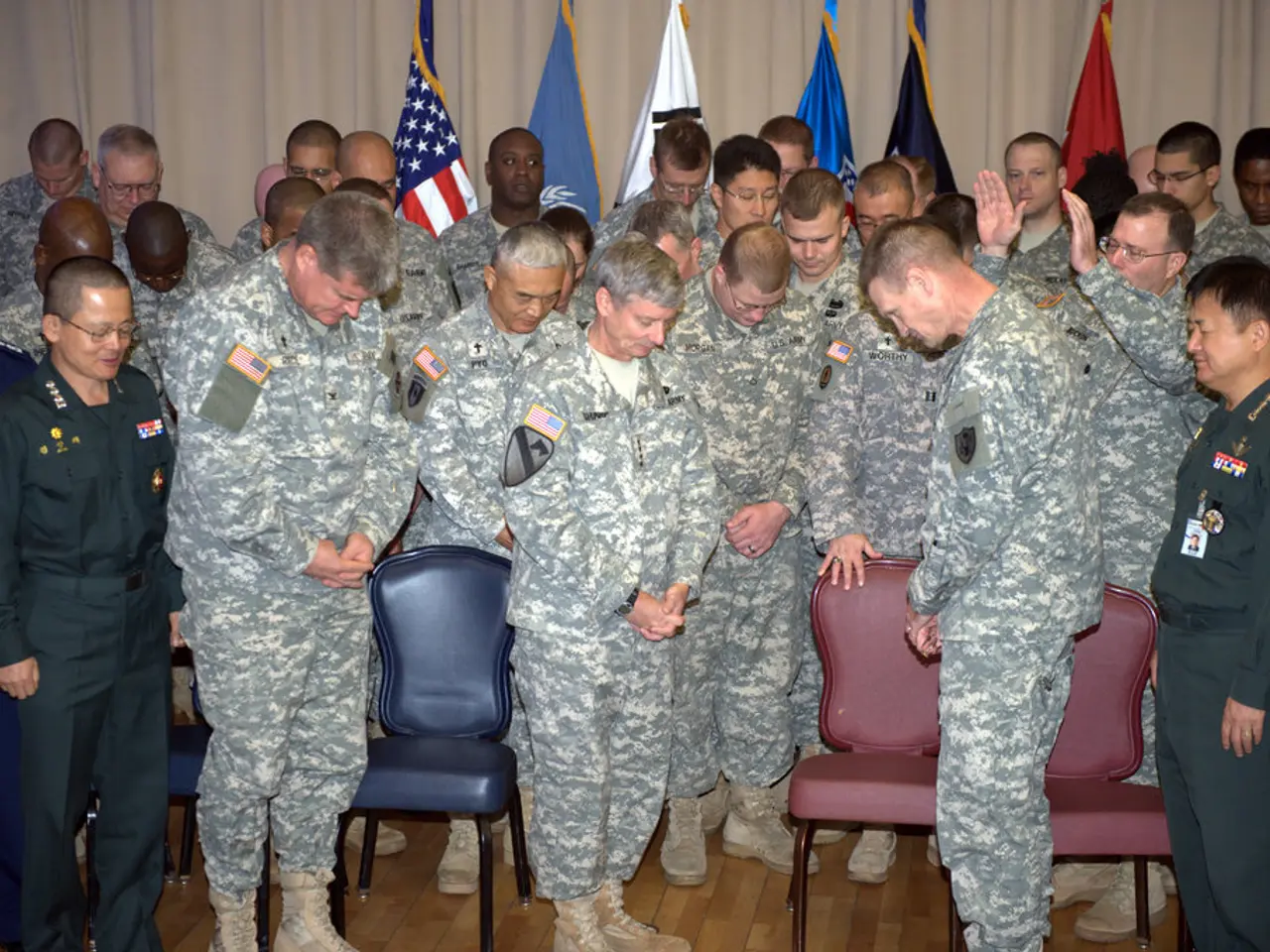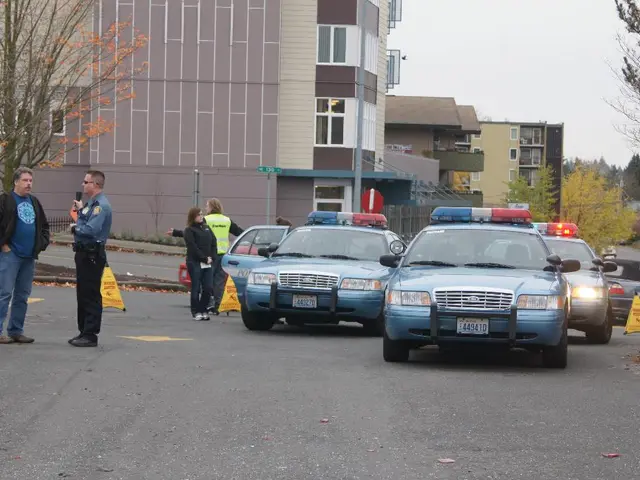Politicians, Entrepreneurs, and Controversies: South Korea's President Frees 2188 Individuals From Criminal Charges
South Korea Declares Mass Amnesty on Liberation Anniversary
South Korea has announced a significant mass amnesty on the 80th anniversary of its liberation from Japanese colonial rule. President Lee Jae-myung, who recently took office replacing a conservative leader, will sign a pardon decree granting clemency to 2,188 individuals, including prominent political figures, business leaders, and ordinary citizens [1].
The amnesty is not merely a legal measure but a strategic move by President Lee's government to foster political unity, enable social healing, and revitalize the nation as South Korea navigates its complex political and economic challenges.
Political Impact
The pardon of former Justice Minister Cho Kuk, a key liberal figure, could reshape South Korea’s political landscape by enabling his return to public office and bolstering liberal forces ahead of upcoming elections. This move also signals attempts to heal political divisions and ease partisan tensions in a closely contested parliament [1].
Symbolic Gesture
Timing the pardon to coincide with the 80th anniversary of Korea’s independence from Japanese colonial rule (August 15) underscores its symbolic importance as a means of reconciliation and collective renewal on a landmark national day [1].
Economic and Social Renewal
The administration framed the mass amnesty as part of broader goals to promote economic revitalization and social cohesion, suggesting an intent to move beyond past conflicts and focus on future development and stability [1].
Notable Recipients
Among those who will receive the pardon are former Justice Minister Cho Kuk and ex-lawmaker Yun Mi-hyang. Business figures, such as former SK Networks chief Choi Shin-won and former Samsung executives Choi Ji-seong, Chang Choong-ki, and Park Sang-jin, will also benefit from the amnesty [1].
The amnesty will reinstate the political rights of those pardoned, including Cho Kuk, allowing them to return to politics. Around 840,000 people will have administrative restrictions, like license and business operation limits, lifted as a result of the amnesty [1].
Opposition Criticism
However, the People Power Party opposition leader, Sohn Hak-kyu, criticized President Lee Jae-myung's decision on the mass amnesty as a blow to "values of justice and honesty" [1].
The mass amnesty will extend to hundreds of ordinary citizens, including fishermen, long-distance truck drivers, small shop owners, seniors over 70, parents of newborns, those convicted of petty theft, and some labor union protesters [1].
This article is based on factual bullet points and aims to provide a clear, approachable, and straightforward account of the South Korean mass amnesty.
[1] Reference: South Korean News Outlets
Additional facts not used in the article:
- Real stories of Kazakhstani women released from prison through amnesty will not be directly related to the South Korean amnesty (as this is a different amnesty).
- The mass amnesty will not apply to the four inmates pardoned in the Zhambyl region (as this is a different amnesty).
- President Lee Jae-myung positions himself as a reformer focused on societal unity and economic revival.
Read also:
- Court petitions to reverse established decision on same-sex marriage legalization
- Trump's enforcement actions in Washington D.C.: Insights from the political arena
- Chinese Ambassador issues stern message to India regarding Trump's tariffs in midst of escalating trade feuds
- Aircraft collides with another one on the runway during landing at Montana airport, igniting flames







